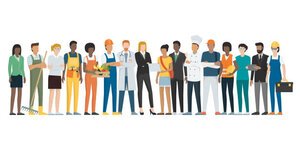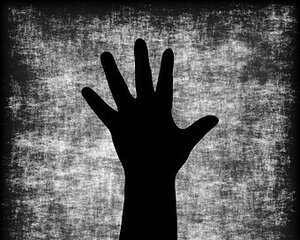
Community Spring Insights

Barriers to Employment Hurt the Entire Community
Coming home from prison I got a job pretty easily at first. I was hired at a restaurant and put on the manager training course. Even though my first paychecks were barely enough to pay rent and utilities, I was hopeful because the pay would increase after training ended. But that would not be the case for me. After 3 months…

Surviving and Thriving: Universal Basic Income Explained
When temperatures dropped last week, I felt my heart rate go up. Whenever it’s above 80 degrees or below 65 degrees, I’m plagued by anxiety that I won’t be able to afford the utility bills. This constant fear is not unique to me. Poverty crushed 34 million Americans even before COVID hit, and we have about…

Access to Fair Credit is a Pathway out of Poverty
My financial hardship pretty much started at birth. I was born to a mother who was only 15 years old, and who was sent to prison by the time I was three. I also became a mother at 15, and I started working full-time to care for myself and my baby while still in high school (which, might I add, I graduated from on time - no small feat!). At the age of 16, I was already on baby number…
